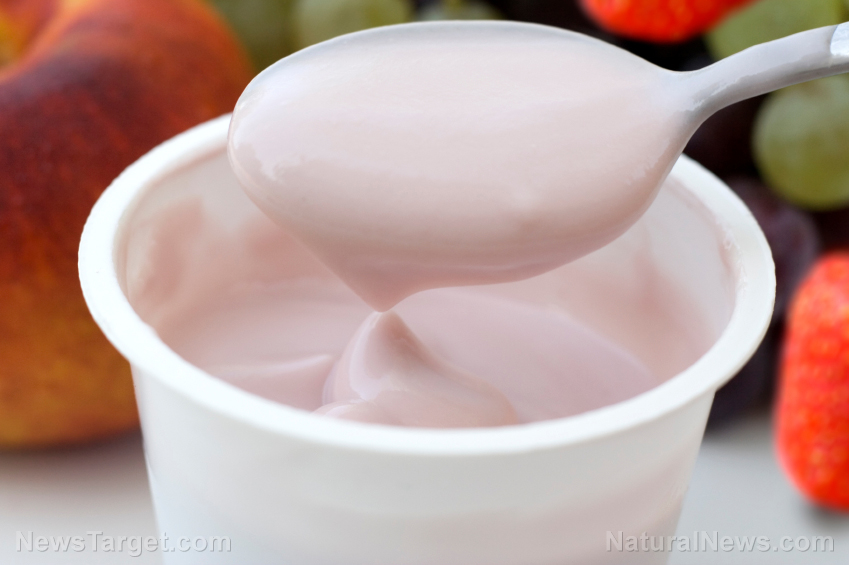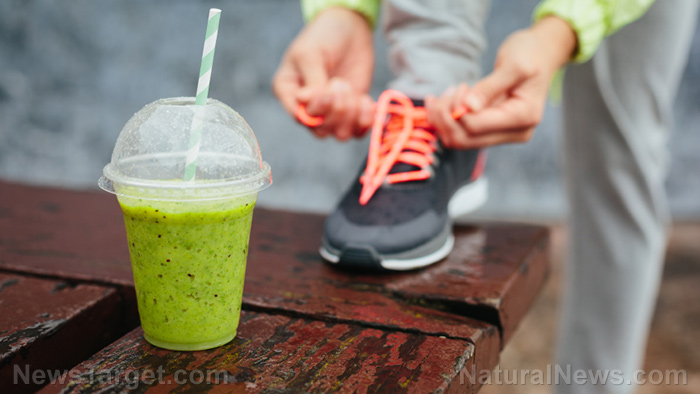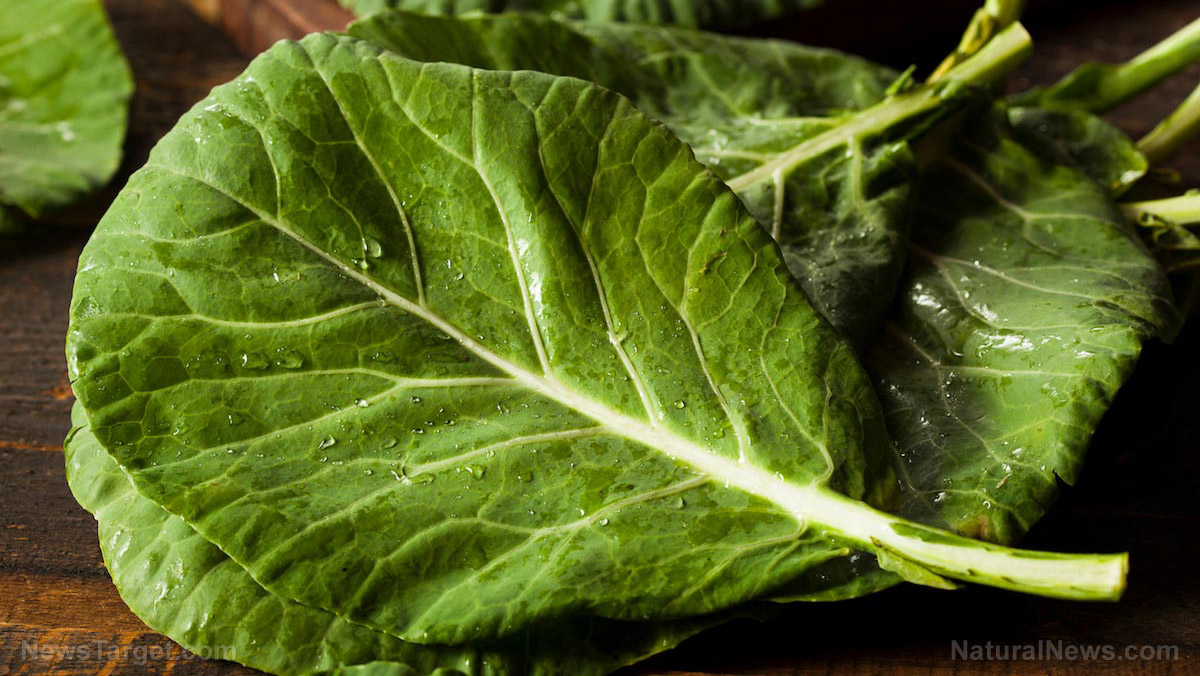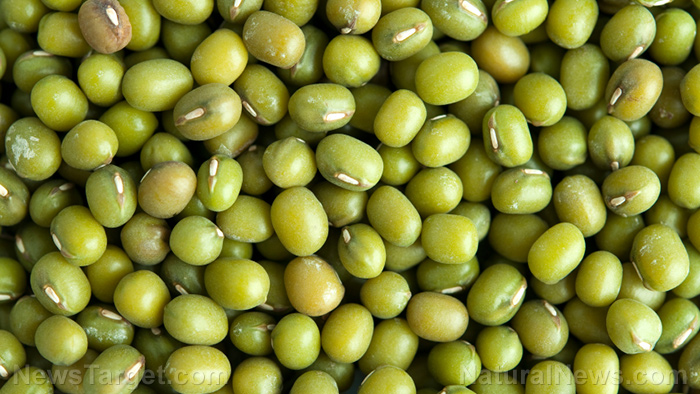Recent research PROVES that a gut imbalance destroys your liver; probiotics found to help protect
09/13/2018 / By RJ Jhonson

Don’t underestimate the tiny organisms living in your gut. These bacteria not only affect your ability to digest your food, they can also make or break your chances of contracting and developing liver disease.
Recent studies demonstrate the vast importance of a well-balanced microbiome, the microorganisms that call your gut home. Imbalance in the gut has been linked to increased risks, as well as actual diseases, including Type 2 diabetes, obesity, cardiovascular disease, neurodegenerative disease, and cancer. And to drive home the importance of gut bacteria, a number of studies add yet another item to this list – liver disease.
A study at Johns Hopkins University in 2003 found that gut microbiome has an impact on the development of non-alcoholic fatty liver disease (NAFLD). Normally, the excessive use of alcohol causes the accumulation of fat in the liver. In the case of NAFLD, fat accumulates because of factors besides too much alcohol. The condition can lead to various diseases and is linked to heart disease and stroke.
The researchers at Johns Hopkins found that intestinal bacteria played an important role in hepatic insulin resistance related to liver disease. After feeding mice with a high-fat diet, they discovered that that bacteria in the animals’ intestine converted choline into methylamines. Choline is a chemical that is key to the metabolism of fat.
The loss of choline means that the body is unable to transport fat from the liver, causing it to accumulate in the organ instead. The study confirmed that by improving the balance of gut microbiome, insulin resistance can be minimized and the occurrence of too much fat in the liver can be prevented.
But how do you make this balance possible? A good way to ensure that your gut is populated with friendly bacteria is by taking probiotics. (Related: Probiotic twice a day zaps ‘bad’ cholesterol, could prevent heart disease.)
About 85 percent of the bacteria in your intestine are “good” bacteria. Over time, however, you lose them gradually because of a number of factors, including aging and the use of antibiotics. Probiotics are friendly bacteria which you ingest in various edible forms so they can colonize your gut and re-invigorate your microbiome population.
Eating these probiotic foods is good for your gut and your general well-being:
- Yogurt – This is made from milk that has been fermented by bifidobacteria and lactic acid bacteria. It has all the benefits of milk – improving the health of your bones and helping control your blood pressure – but may be better for people with lactose intolerance. However, not all types of yogurt are created equal. In buying yogurt, go for types that have live or active cultures. Avoid low-fat and fat-free varieties, too, as these tend to have high amounts of sugar.
- Kimchi – This side dish is made from fermented vegetables and a variety of seasonings, including chili, garlic, ginger, salt, and scallion. Its ingredients and how it’s made give it its characteristic pungent odor and strong taste. It is a good source of vitamins and minerals, as well as lactic acid bacteria for your gut.
- Kombucha – This is black or green tea fermented with both yeast and bacteria. Some studies point to possible health benefits, but its fermentation process gives it strong probiotic properties.
- Pickles – These preserved cucumbers are a great source of vitamin K and other minerals, as well as lactic acid bacteria. When buying pickles, make sure to look at the ingredient list to determine if it contains live bacteria or not. Pick ones that were preserved in water and salt, as those that were made with vinegar don’t offer probiotic benefits.
- Sauerkraut – This is cabbage fermented by lactic acid bacteria. It is a popular side dish in many European countries. Besides its probiotic benefits, it also contains plenty of antioxidants, vitamins, and minerals.
Learn how you can live longer with the right nutrients at Longevity.news.
Sources include:
Tagged Under: digestive health, good bacteria, gut health, gut imbalance, intestinal health, kimchi, Kombucha, liver disease, liver health, NAFLD, pickles, probiotics, sauerkraut, yogurt




















